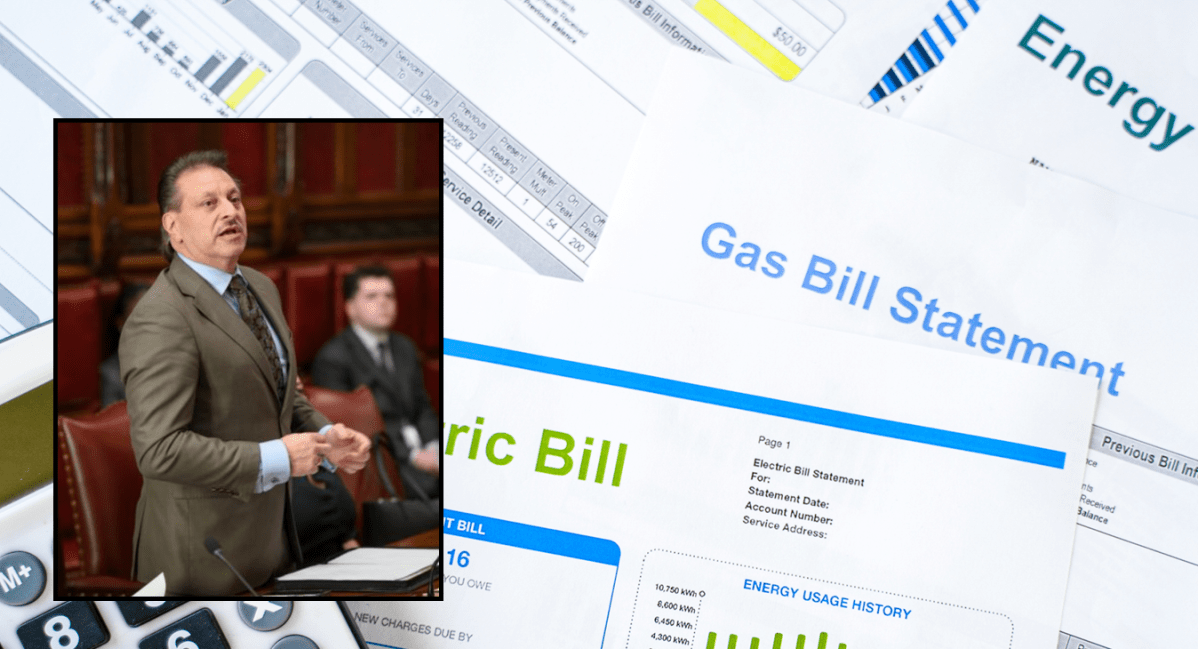The New York State Legislature has approved a bill introduced by State Senator Joseph Addabbo that aims to boost transparency for utility customers across the state.
The legislation, S.1194-B, would require utility companies to provide a minimum of 45 days’ notice before imposing any rate or service charge increases. The bill passed the State Senate on May 20 and was approved by the Assembly on May 27. It now heads to Governor Kathy Hochul’s desk for final consideration.
“At a time when living costs keep rising, it’s more important than ever to protect consumers and ensure transparency,” said Addabbo. “My legislation gives New Yorkers the time they need to prepare for changes in their utility bills, empowering them with information they deserve while allowing them to avoid being blindsided by sudden cost increases.”
Under current regulations, utility companies are not required to provide extensive advance notice of impending rate hikes. As a result, many consumers—especially low-income households and seniors on fixed incomes—can be caught off guard by unexpected increases to essential services such as electricity, gas, and water.
The bill’s timing is especially relevant amid a national and statewide push to improve consumer protections in the face of rising inflation and energy costs. According to the U.S. Bureau of Labor Statistics, energy prices in New York City rose by more than 18% during parts of 2022, placing added strain on household budgets.
Addabbo’s bill would affect both investor-owned utilities regulated by the New York State Public Service Commission (PSC) and municipal utility providers. It complements previous legislative efforts such as the Utility Consumer Bill of Rights and builds on calls for greater transparency and accountability following several high-profile rate increase proposals by companies like Con Edison and National Grid.
Consumer advocacy groups such as AARP New York and the Public Utility Law Project have applauded legislative moves toward greater notice and predictability for ratepayers. “Giving people more time to prepare for rate hikes can mean the difference between keeping the lights on and going without basic utilities,” said an AARP spokesperson in a prior statement on similar measures.
The bill’s future now rests with Governor Hochul, who has until the end of the legislative session to either sign it into law, veto it, or let it pass into law without her signature.


































